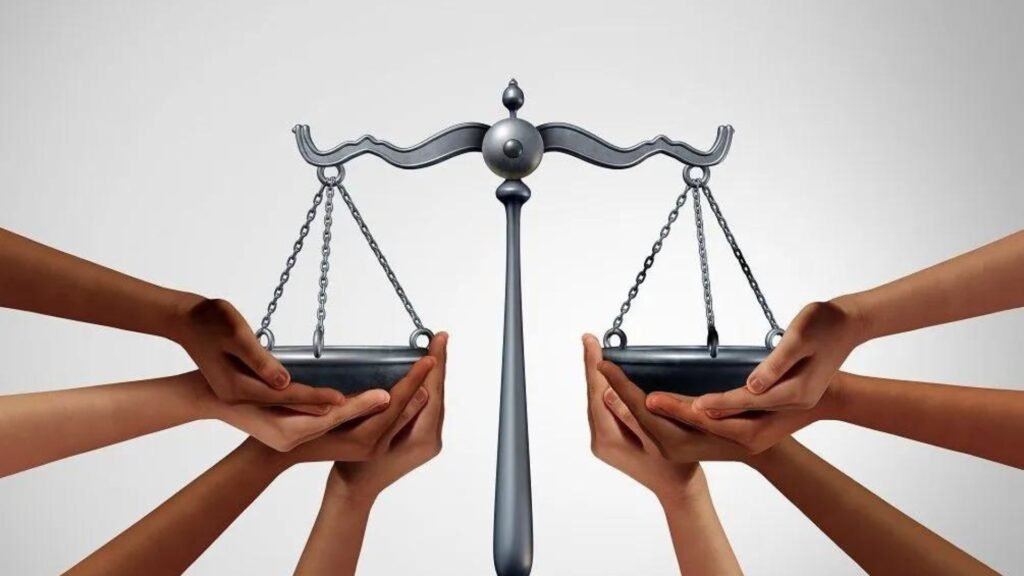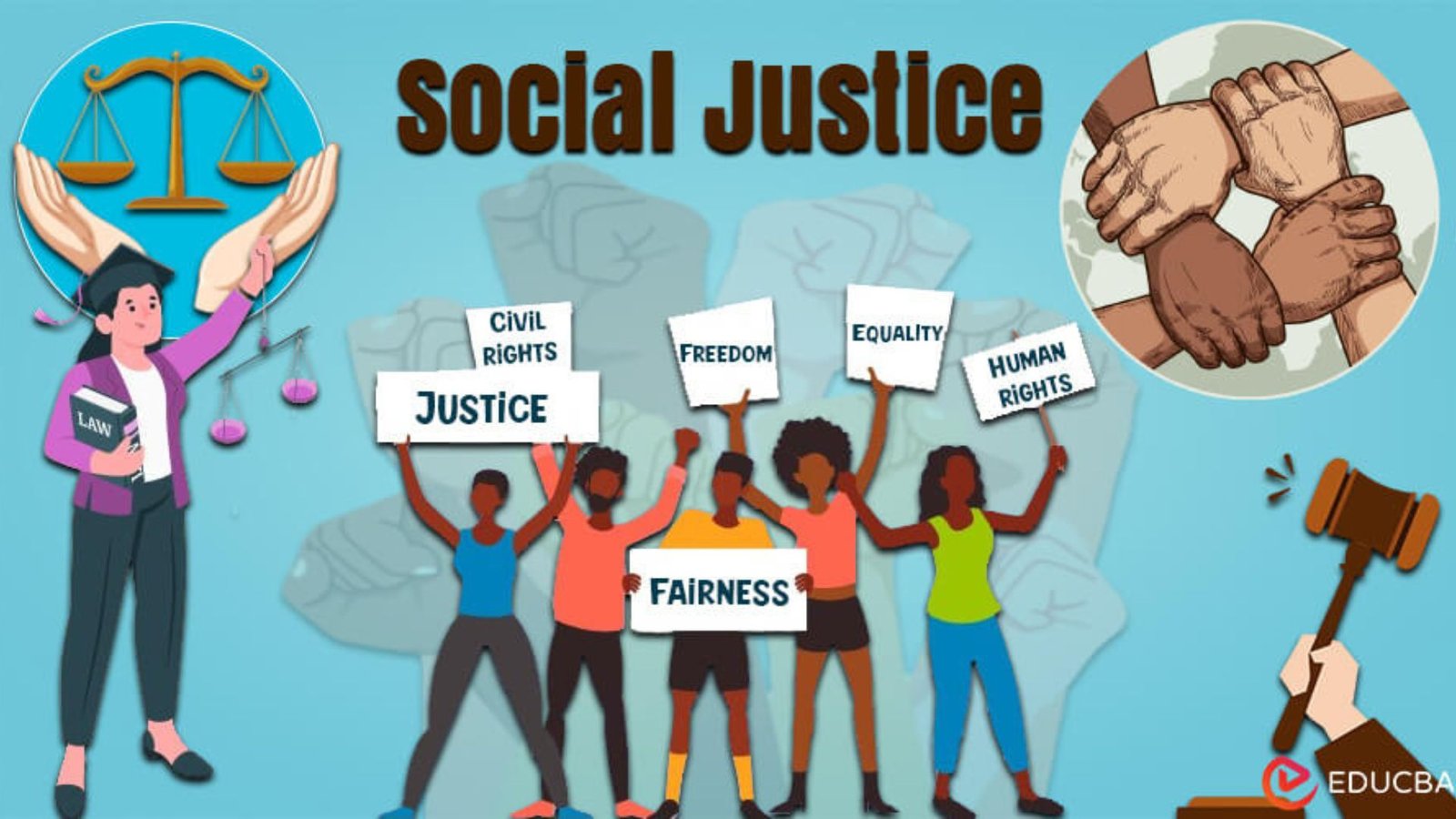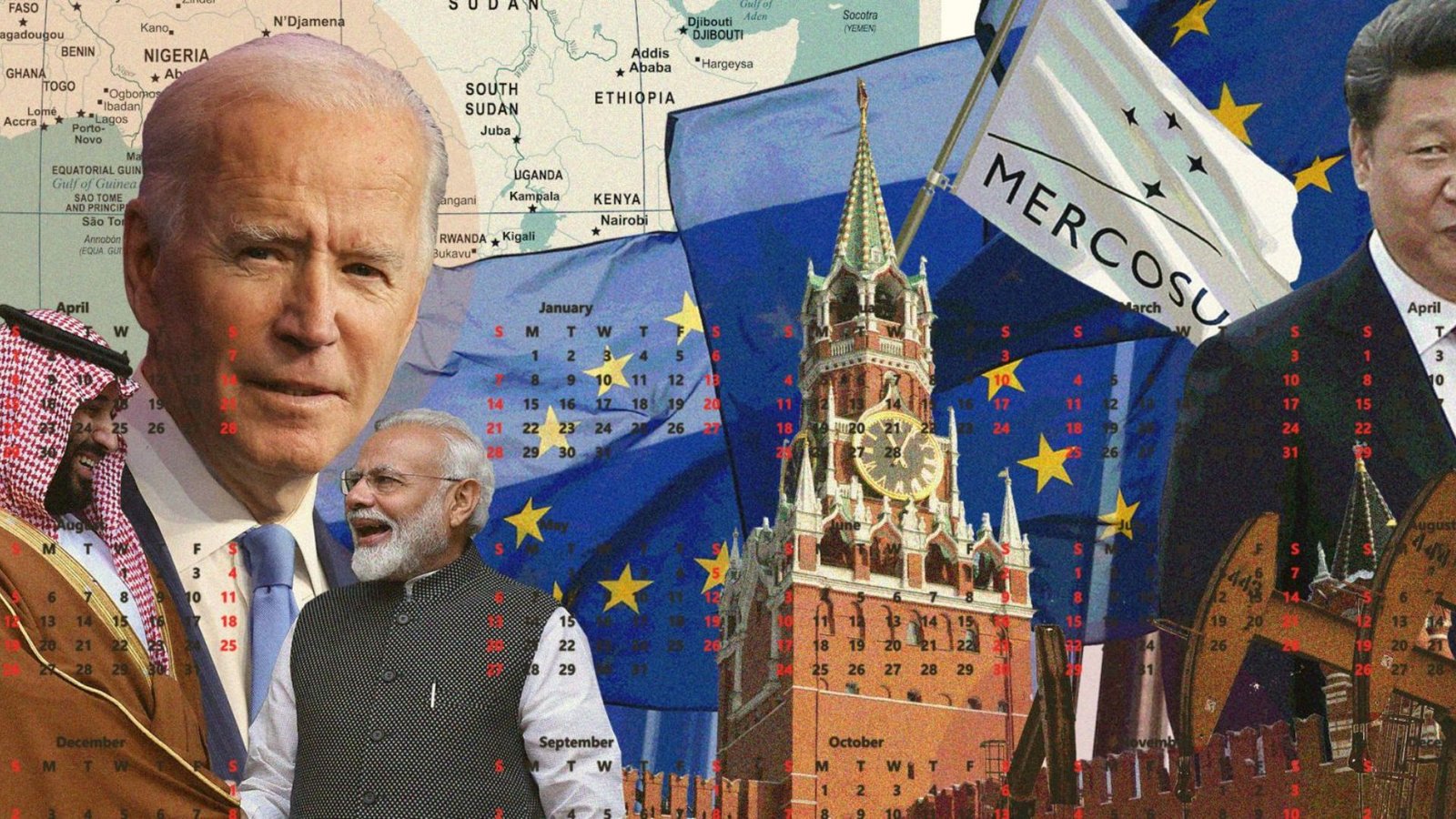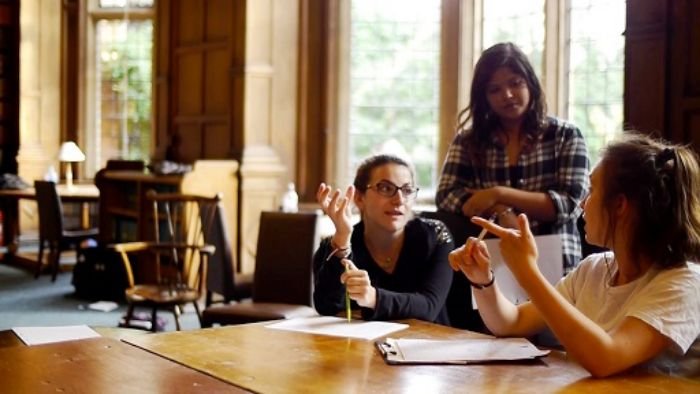Politics significantly impacts social justice issues. Social justice aims to ensure equal rights and opportunities for everyone, regardless of race, gender, or economic status. Political decisions and actions shape how these issues are addressed and resolved. In this blog post, we will examine the political impact on social justice issues..

Legislation and Policy Making
One of the main ways politics impacts social justice issues is through legislation and policy making. Governments create laws and policies that can either promote or hinder social justice. For example, legislation on civil rights, gender equality, or workers’ rights directly affects social justice. When political leaders pass laws that support equal pay, anti-discrimination measures, or access to education, they advance social justice. Conversely, policies that limit these rights can perpetuate inequality. Thus, the political environment plays a crucial role in shaping social justice outcomes.
Political Advocacy and Activism
Political advocacy and activism are essential in advancing social justice issues. Activists and advocacy groups work with politicians to push for changes in laws and policies. They organize protests, campaigns, and lobbying efforts to raise awareness and influence political decisions. For example, movements like Black Lives Matter and Me Too have used political advocacy to address systemic racism and gender-based violence. By mobilizing public support and engaging with political leaders, these movements help drive social change and policy reform.
Government Institutions and Social Programs
Government institutions and social programs also impact social justice issues. Various agencies and programs are designed to address inequalities and support marginalized communities. For instance, programs that provide affordable healthcare, housing assistance, or education can help reduce disparities. Political leaders who prioritize funding and support for these programs can make a significant difference in promoting social justice. On the other hand, cuts to social programs or neglect of institutional support can exacerbate inequalities.
Judicial System and Legal Precedents
The judicial system and legal precedents play a critical role in social justice. Courts interpret and enforce laws that affect social justice issues. Landmark court cases can set legal precedents that advance or restrict social justice. For example, cases related to voting rights, marriage equality, and anti-discrimination have had profound impacts on social justice. Political appointees to the judiciary, such as judges and justices, influence how these issues are handled. Therefore, the political makeup of the judiciary can significantly affect social justice outcomes.
Electoral Politics and Representation
Electoral politics and representation impact social justice by determining who makes decisions and how policies are shaped. Elections decide which political leaders and parties will be in power. Candidates and parties that prioritize social justice issues can drive policies that address inequality and support marginalized communities. Conversely, a lack of representation for certain groups can lead to policies that overlook their needs. Therefore, ensuring diverse and inclusive representation in politics is essential for advancing social justice.
International Influence and Global Policies
Finally, politics also affects social justice on a global scale. International organizations and agreements play a role in addressing global social justice issues. For example, treaties and conventions on human rights, labor standards, and environmental justice have international implications. Political decisions made by world leaders and countries can influence global efforts to promote social justice. Collaborative efforts and international pressure can lead to significant changes and improvements in social justice worldwide.
Conclusion
In summary, politics has a profound impact on social justice issues. Through legislation, advocacy, government programs, the judicial system, electoral politics, and international influence, political decisions shape how social justice is addressed and advanced. Understanding these connections helps us see how political actions and choices influence equality and fairness in society. By engaging with these issues and advocating for positive change, we can contribute to a more just and equitable world.




